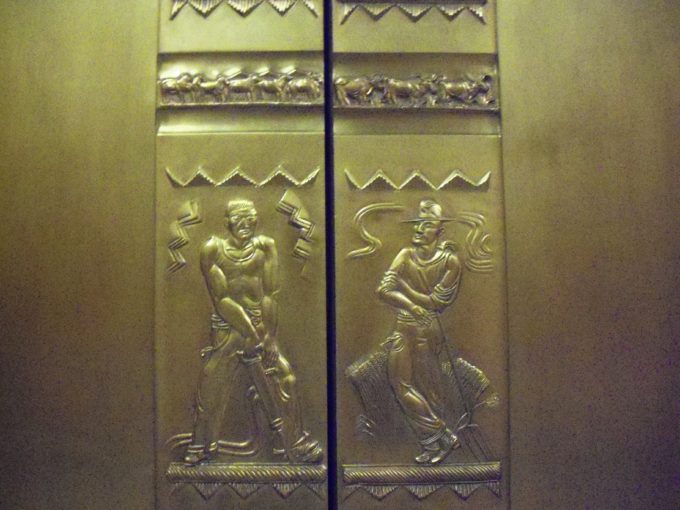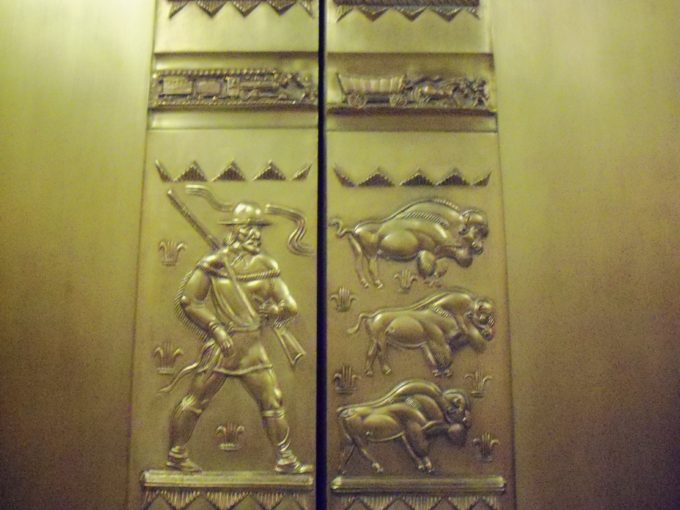
Friday, 30 August 2019
Your riches are corrupted, and your garments are moth-eaten. James 5:2
In the previous verse, James spoke of the miseries coming upon the rich. Here, he begins to describe what that entails, beginning with, “Your riches are corrupted.” The word sépó, translated as “corrupted,” is found only here in the New Testament. One can see a hint of the modern word “septic” in it. It signifies “to putrefy.” In it, there is a process of rotting and its associated negative happenings – smell, touch, taste, and sight are each brought into the equation.
The reason for this is that the wealth of the rich in ancient times did not only consist of metals and gems, but also of the storing up of food, wine, oil, garments, and etc. Jesus spoke of this type of amassed wealth in Luke 12 –
“‘“Then He spoke a parable to them, saying: “The ground of a certain rich man yielded plentifully. 17 And he thought within himself, saying, ‘What shall I do, since I have no room to store my crops?’ 18 So he said, ‘I will do this: I will pull down my barns and build greater, and there I will store all my crops and my goods. 19 And I will say to my soul, “Soul, you have many goods laid up for many years; take your ease; eat, drink, and be merry.”’” Luke 12:`6-19
Grains and the like, when they get damp, will begin to putrefy. Wine begins to turn to vinegar when its storage is improperly affected. Solomon speaks of the ruining of oil in Ecclesiastes 10:1 –
“Dead flies putrefy the perfumer’s ointment,
And cause it to give off a foul odor;
So does a little folly to one respected for wisdom and honor.”
As the rot – whatever type it might be – sets in, the taste, smell, feel, and sight of the once-valuable commodity is turned to corruption. It is good for nothing. James also says, “and your garments are moth-eaten.”
Today, this doesn’t really bother us as much as it did even a short time ago. Throughout history, people generally had very few garments. So important was the single garment of many individuals, that the Lord spoke out this in the Exodus 22:26, 27 –
“If you ever take your neighbor’s garment as a pledge, you shall return it to him before the sun goes down. 27 For that is his only covering, it is his garment for his skin. What will he sleep in? And it will be that when he cries to Me, I will hear, for I am gracious.”
The wealthy would have more garments, and of varying qualities and materials. However, they needed to be carefully stored to avoid being destroyed. These would be treated as precious commodities which could be traded or sold, and thus they were their own type of wealth. James shows that such wealth is transitory and can come to an end very quickly. Such sources of wealth that the rich man trusted in are actually not trustworthy at all.
Jesus spoke of exactly this, and where true wealth is –
“Do not lay up for yourselves treasures on earth, where moth and rust destroy and where thieves break in and steal; 20 but lay up for yourselves treasures in heaven, where neither moth nor rust destroys and where thieves do not break in and steal. 21 For where your treasure is, there your heart will be also.” Matthew 6:19-21
Life application: In this verse, and in the verses to come, James really goes on the attack against worldly wealth. The very thing most people treasure above all else is the thing that is often most fleeting. People who once possessed millions of dollars are found homeless and eating out of dumpsters. Wealthy traders have lost everything in a single afternoon leading them to jump out of their high-rise apartments rather than face poverty. Money simply cannot be relied on as a good indicator of what our status will be in 24 hours.
In the past, to flaunt flashy outfits was similar to flaunting lots of money. It showed an arrogance which, unfortunately, hasn’t changed even today. Instead, we put value in labels and designers. To wear something by a noted designer often leads to feelings of superiority over others. But James states that this type of attitude is shallow and reflects poor priorities. Instead of trusting in money or fancy clothing, let us trust wholeheartedly in the Lord – the Everlasting God.
Heavenly Father, we need forgiveness for our times of trusting in wealth, cars, clothing, or any other thing which is so temporary and uncertain. Give us wisdom to use these things without loving them; to enjoy them without clinging to them; and to trust in no earthly thing, but rather in You alone. This we ask that You will be glorified and that we will be found faultless in Your eyes. Amen.




